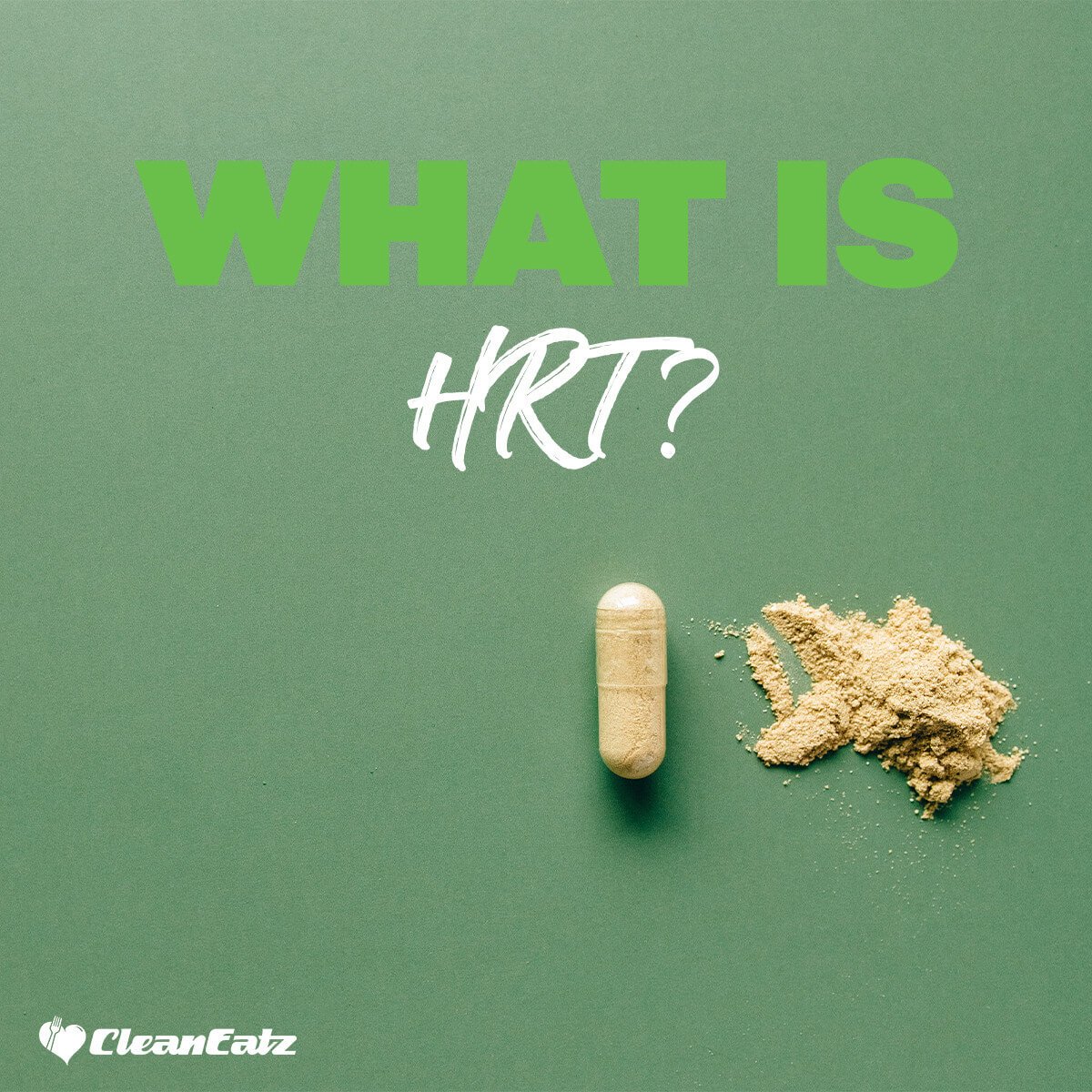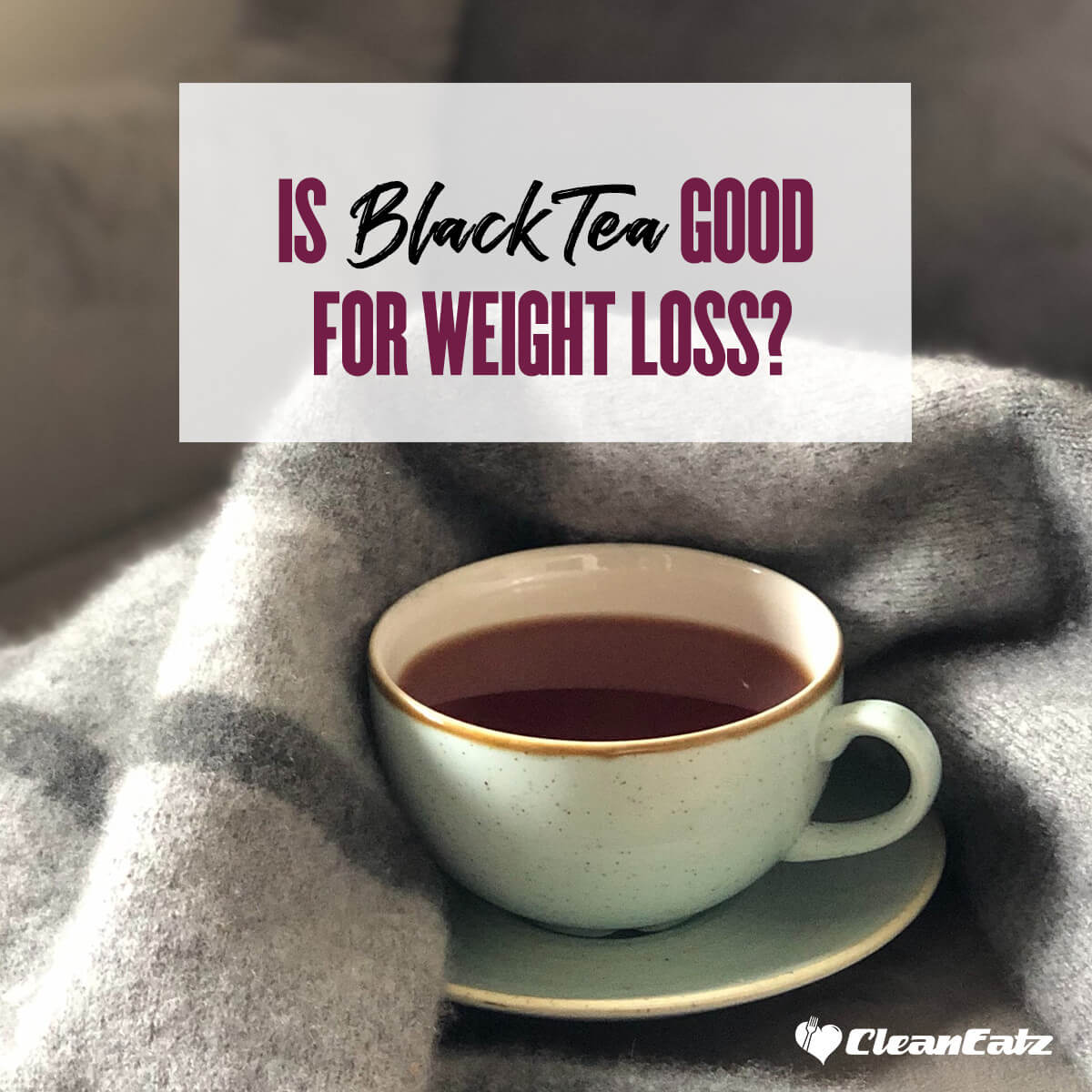
Understanding Hormone Replacement Therapy (HRT)
Jason Nista
Nutrition
|
Weight Loss
|
Healthy Lifestyle
9 minute read
So, your hormones are acting up and you're wondering if hormone replacement therapy (HRT) is right for you. Don't worry, you've come to the right place. We're going to give you the 101 on what is HRT—what it is, how it works, the pros and cons, and whether it might help reduce your symptoms and improve your quality of life.
The truth is, HRT isn't for everyone, but for many women experiencing hormonal fluctuations and changes, it can be an option worth discussing with your doctor. At the very least, learning about what is hormone replacement therapy will help you make the most informed choice about your health and wellness during this transition.
What Exactly Is Hormone Replacement Therapy (HRT)?
HRT, or what is hormone replacement therapy, typically involves taking either estrogen alone or estrogen plus progestin (a synthetic form of progesterone). Estrogen helps relieve symptoms associated with low estrogen levels during menopause like hot flashes and vaginal dryness. Adding progestin reduces the risk of endometrial cancer from estrogen use. The hormones are available as pills, patches, gels, sprays, and rings.
When used short-term, what is HRT can be a safe and effective option for most women going through menopause or perimenopause. However, long-term hormone replacement therapy (over 5 years) does come with some risks like increased chances of heart disease, blood clots, and breast cancer. So, you'll need to discuss your medical history and risk factors with your doctor to determine if the benefits outweigh the risks in your specific situation.
The Benefits of HRT
Hormone replacement therapy (HRT) isn't just for menopause symptoms. When done right, HRT offers some real health benefits for women.
-
It can strengthen your bones. Estrogen helps maintain bone density, and HRT replaces the estrogen you lose during menopause. This significantly lowers your risk of osteoporosis and bone fractures as you get older.
-
It may boost your mood. Fluctuating hormone levels are linked to changes in mood and stress levels. HRT helps stabilize your hormones, which can ease symptoms like mood swings, irritability, and mild depression. Many women report feeling more like themselves again with HRT.
-
It could protect your heart. Estrogen is good for your cardiovascular health and circulation. HRT may lower your risk of heart disease by keeping your cholesterol in check and preventing plaque buildup in your arteries.
-
It can help maintain muscle mass. Estrogen also plays a role in maintaining muscle and connective tissue. With the drop in estrogen during menopause, women tend to lose muscle mass and strength. HRT helps slow down this loss, keeping your muscles and joints strong and flexible.
-
It may enhance your libido. Changes in hormone levels often affect your sex drive and arousal. HRT restores estrogen and helps balance hormone levels, which can reignite your libido and make sex more pleasurable again.
-
It offers cognitive benefits. Estrogen appears to play a role in brain health and cognition. The loss of estrogen during menopause is linked to impaired memory and focus. HRT may help maintain sharp thinking, reasoning, and memory skills as you age.
What is HRT? While hormone replacement therapy does come with risks, when used short-term under the guidance of your doctor, the benefits to your physical and mental health may well outweigh the risks. Talk to your doctor about whether HRT is right for you and the best options based on your own health needs
The Risks and Side Effects of HRT
While hormone replacement therapy can help relieve unpleasant menopause symptoms, it also comes with risks. The severity and likelihood of side effects vary from person to person based on factors like your age, medical history, and the type of hormones used. It's important to discuss the pros and cons of what is hormone replacement therapy with your doctor to determine if the benefits outweigh the risks for you.
Blood clots
Both estrogen and progestin, components of hormone replacement therapy (HRT), can increase your risk of blood clots, especially if you smoke or are overweight. Blood clots may form in the veins of the legs, known as deep vein thrombosis, and can potentially travel to the lungs, known as pulmonary embolism. Symptoms to watch out for include leg pain, swelling, and shortness of breath. It's crucial to be aware of these risks and discuss them with your doctor before starting HRT.
Heart disease
HRT may slightly elevate your chances of heart disease, including heart attacks. The risk seems highest in the first year of use but remains relatively small. If you have a history of heart disease or heart attack, HRT is usually not recommended. Be sure to monitor your blood pressure and cholesterol levels regularly while on HRT.
Breast cancer
Estrogen-only HRT and combination HRT with estrogen and progestin can increase breast cancer risk, especially with long-term use. The risk seems to return to normal within a few years of stopping HRT. Monthly self-exams and annual mammograms are recommended while on HRT to detect any breast changes early.
Dementia
Some studies have found a possible link between HRT and increased dementia risk, especially when started after age 65. However, the evidence is mixed and more research is needed. If cognitive decline or memory loss are concerns, you may want to avoid HRT or use the lowest effective dose for the shortest time possible under guidance from your doctor.
Other potential side effects include bloating, headaches, and mood changes. HRT is not for everyone, but when used short-term under medical supervision, the benefits often outweigh the risks for women with moderate to severe menopause symptoms. Be sure to discuss your concerns and health history with your doctor to determine if HRT is right for you and how to minimize any risks.
The Different Types of HRT
There are several options for HRT, so you and your doctor can develop a treatment plan tailored to your needs and goals. The three main types are:
Estrogen therapy
This is the most common type of HRT for women. Estrogen comes in many forms, including pills, patches, gels, and vaginal creams. Estrogen therapy relieves symptoms like hot flashes, night sweats, and vaginal dryness. It may also help prevent bone loss and colorectal cancer. However, estrogen therapy alone can increase the risk of endometrial cancer in women with a uterus. So, progesterone is often added.
Estrogen plus progesterone
For women with a uterus, combining estrogen and progesterone helps balance hormone levels and shed the uterine lining. This prevents endometrial hyperplasia, which can lead to cancer. Progesterone comes as pills, vaginal gels, and intrauterine devices. Adding progesterone does not reduce the benefits of estrogen, but may cause side effects like mood changes, bloating, and irregular bleeding.
Other therapies
For some women, non-hormonal options may be better alternatives or complements to traditional HRT. These include:
- Bisphosphonates like alendronate (Fosamax) or raloxifene (Evista) maintain bone density without hormones.
- Gabapentin or antidepressants for hot flash relief.
- Vaginal DHEA or moisturizers for vaginal dryness and pain during sex.
- Lifestyle changes like weight loss, quitting smoking, managing stress, and limiting alcohol and spicy foods which can trigger symptoms.
The range of options means you can try different therapies or combinations to find what works best for your symptoms and situation. Be sure to discuss the pros, cons, and risks with your doctor to make an informed choice about the safest and most effective treatment plan for you.
So there you have it, an introductory guide to HRT and how it may help relieve some of the symptoms associated with menopause. While the treatment isn’t for everyone, for many women HRT provides an effective solution with minimal risks when used properly under medical supervision.
A common reason why women typically turn to HRT is to gain and maintain muscle mass. If you relate to this, then you need to be aware of other alternative ways to do this more effectively. You can try incorporating calorie-dense recipes into your daily routine to try and follow an effective exercise routine to convert your fat to muscle mass.
You also need to follow the right diet plan that is specifically designed to fulfill your needs. Clean Eatz Kitchen offers a huge variety of some of the healthiest meal plans to help you reach your fitness goals in no time.
Summary Of What Is HRT
- HRT is a medical treatment consisting of ingesting medications containing certain hormones that your body doesn’t produce
- This treatment can strengthen your bones, boost mood, promote heart health, increase muscle mass, enhance libido, and improve brain function
- Certain risks associated with HRT include blood clots, breast cancer, dementia, bloating, headaches, and mood changes
- The different kinds of HRT include estrogen therapy, estrogen plus progesterone, biphosphates, gabapentin, and more
FAQ
What does HRT do to your body?
HRT typically entails receiving regular doses of testosterone or estrogen, aiming to induce desired changes in secondary sex characteristics, such as the growth of facial hair or breasts. The primary objective of HRT is usually, though not universally, to elevate hormone levels to match the average levels found in cisgender individuals.
Why do people use HRT?
Hormone Replacement Therapy (HRT) is a therapeutic approach utilized to alleviate menopause symptoms by replenishing the diminished levels of female hormones during this phase. Oestrogen and progesterone, which are vital female hormones, play significant roles in a woman's body and are replaced through HRT to address the hormonal changes experienced during menopause.
What do gluten-free people need to eat?
Research has demonstrated that Hormone Replacement Therapy (HRT) can lower the risk of fractures in postmenopausal women. This is particularly crucial because as women age, osteoporosis and bone fractures become more prevalent and can lead to significant debilitation. Additionally, the consistent use of HRT has been linked to a slight decrease in the risk of bowel cancer.
Related Articles
Is Black Tea Good For Weight Loss? Unlocking Its Benefits
11 minute read
7 Quick and Easy Meal Prep Recipes
10 minute read
Olive Oil in Coffee: Assessing its Impact on Health
9 minute read



